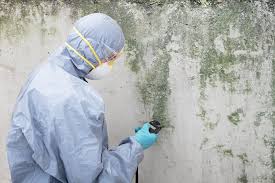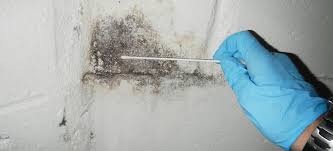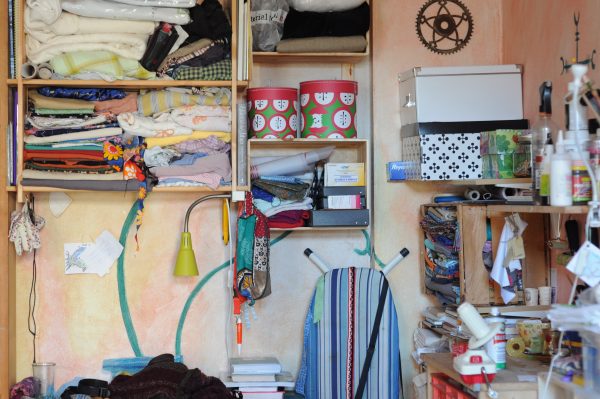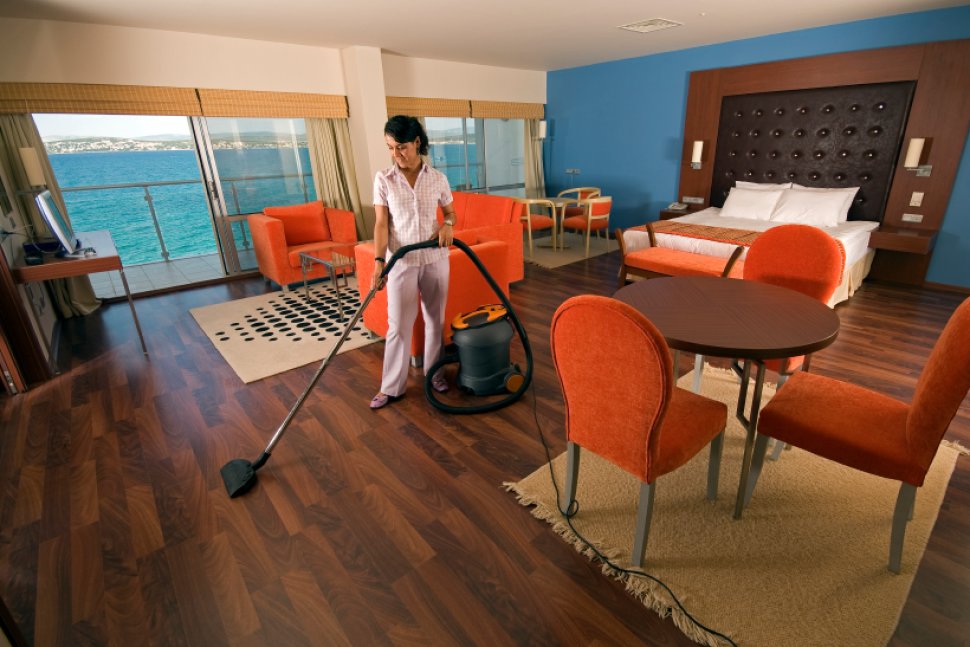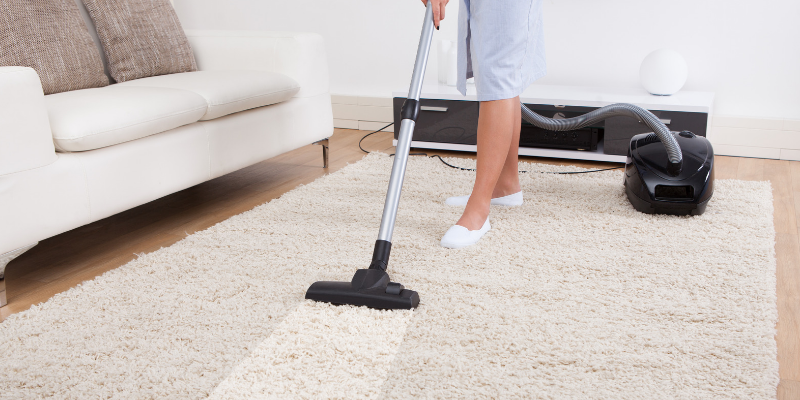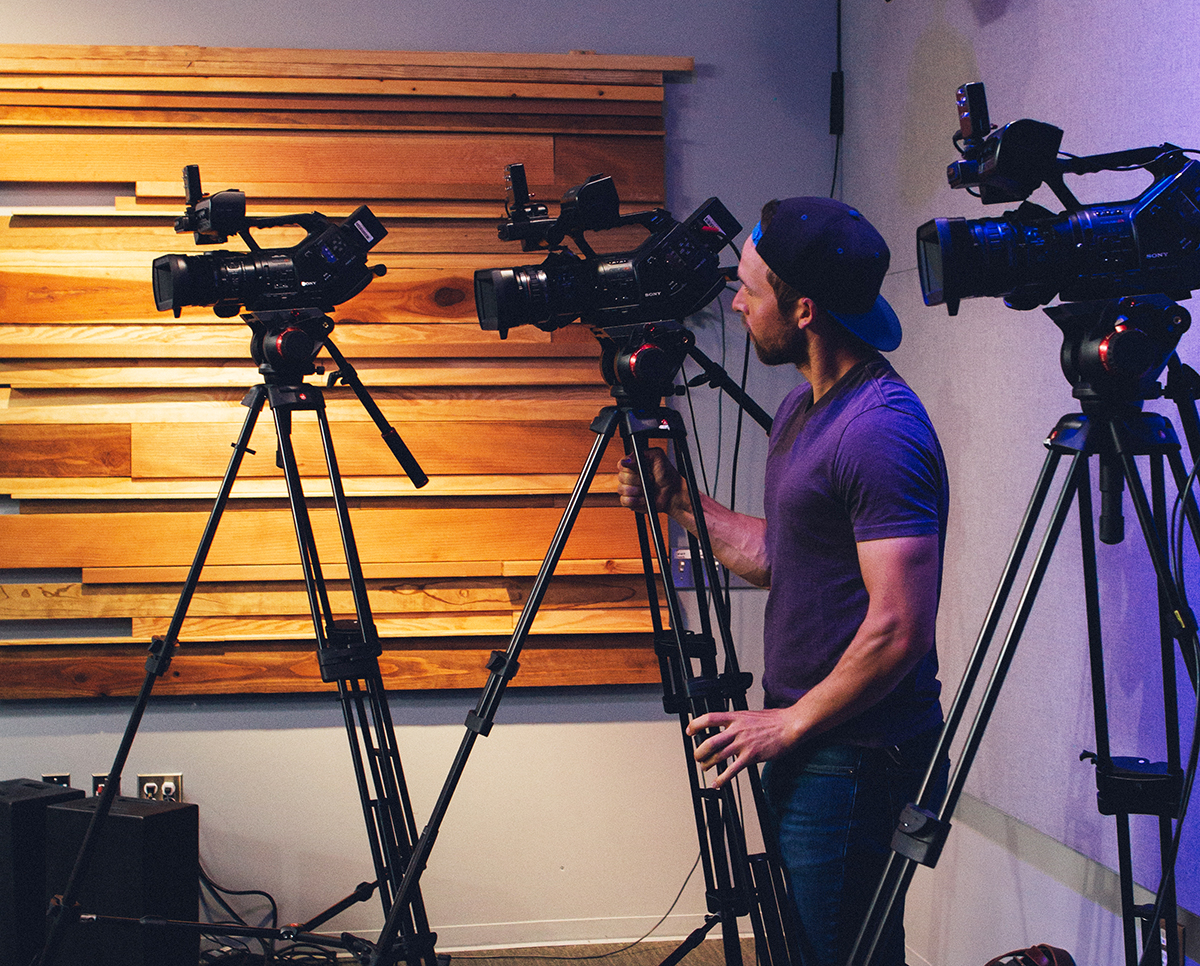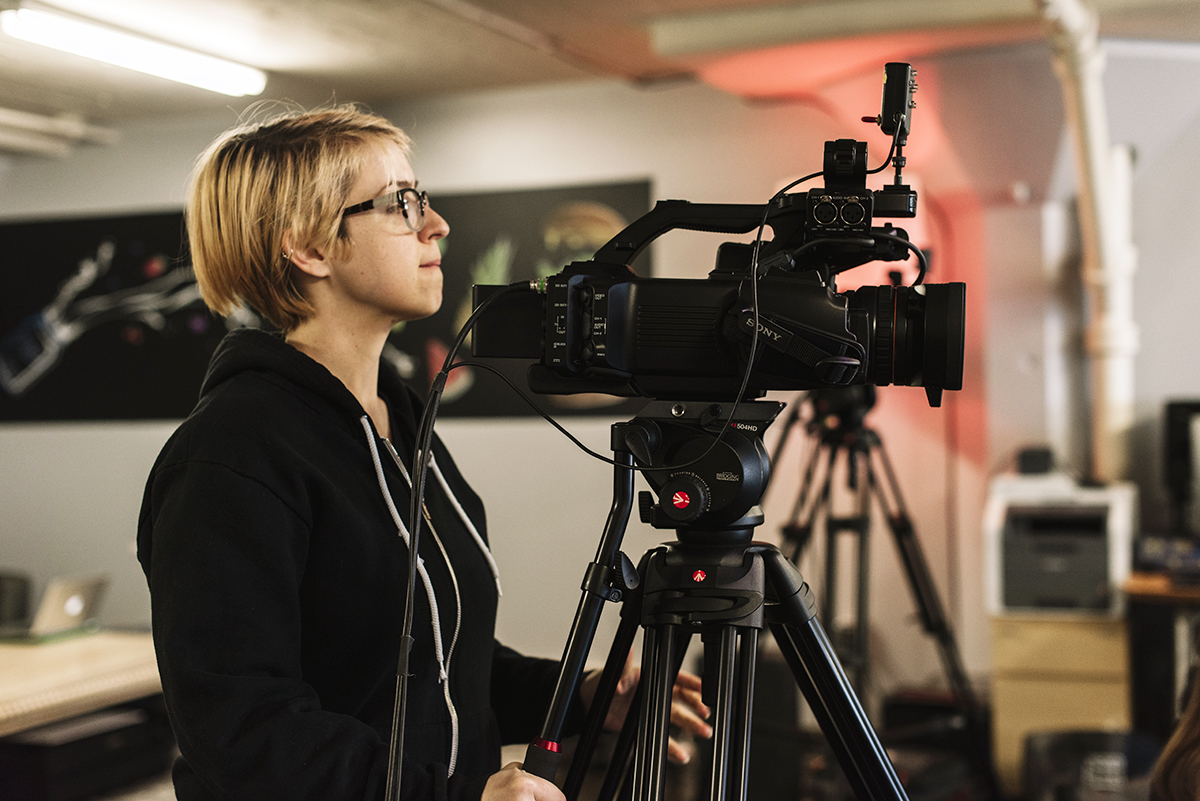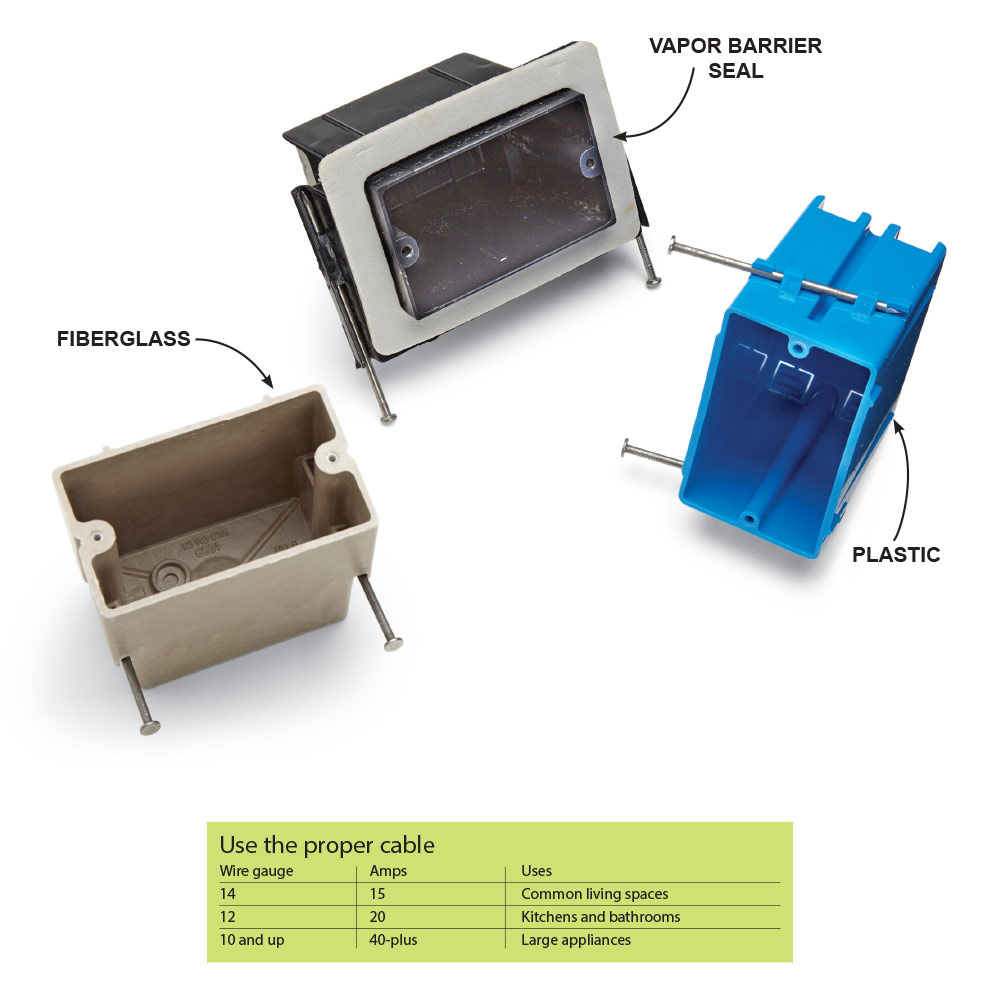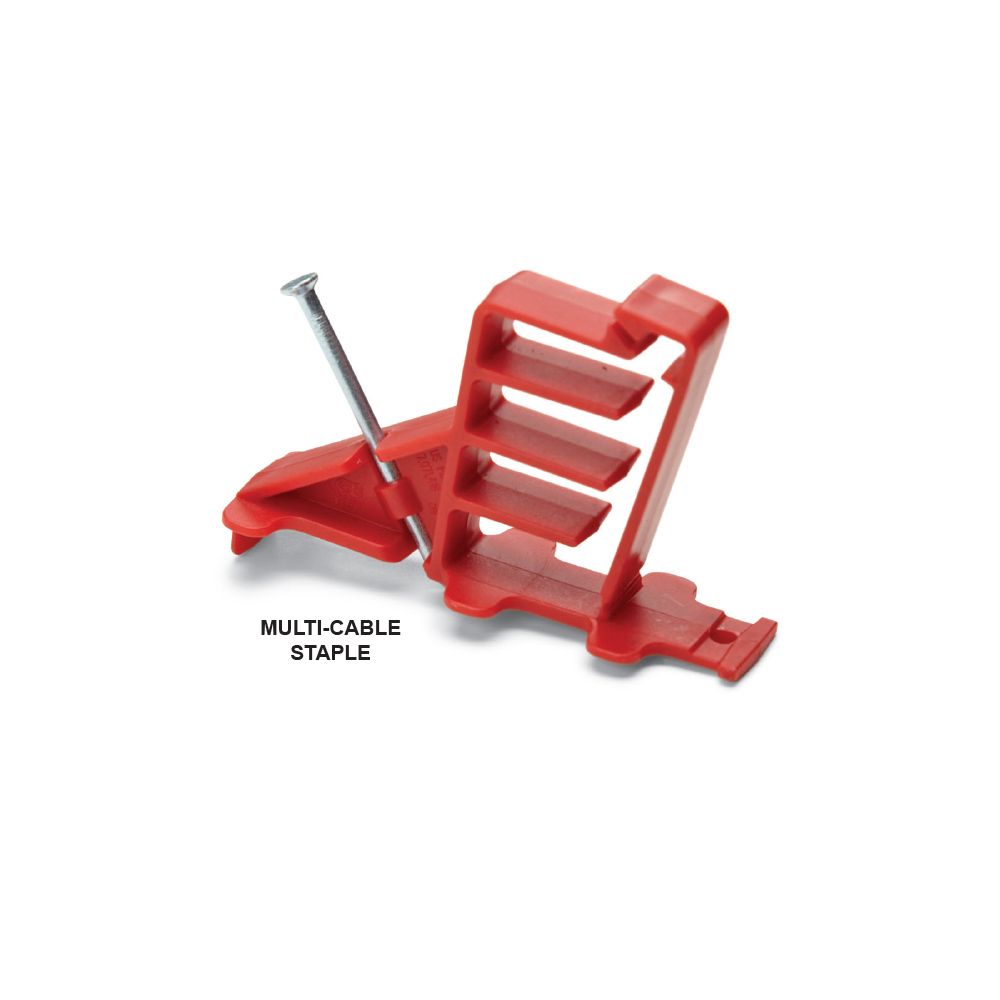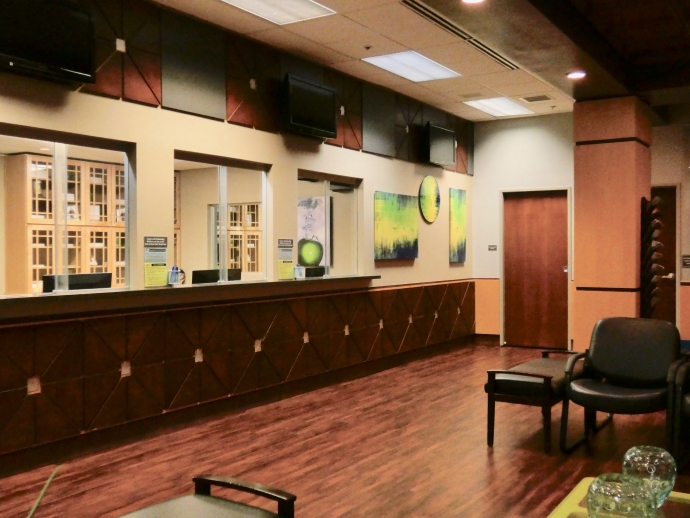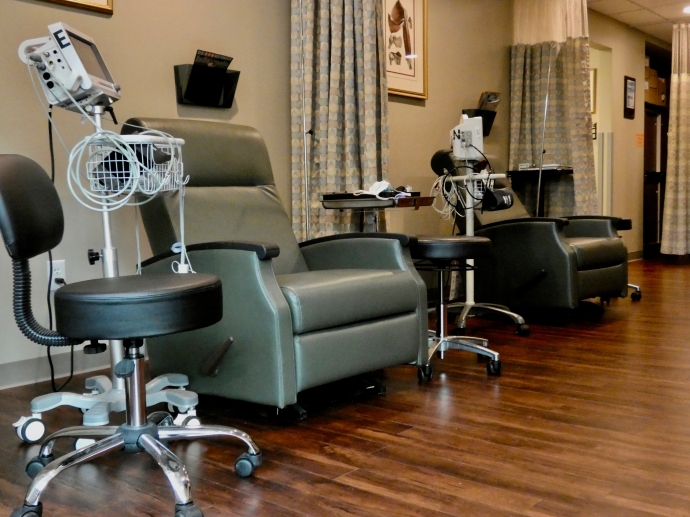How to Pick Roof Shingle Colors
Facts and Tips on How to Pick Shingle Colors to Complement Your Home
More and more homeowners are adding value to their property – and lifestyle – by creating outdoor living spaces. When it’s time to think outside the home, it’s time to include that new roof in your plans. Wouldn’t you love to have an outdoor kitchen for al fresco cooking, dining and entertaining? Or a spa-like relaxation area complete with a pool, deck, hot tub or even a sauna?
See how much of your new roof will be visible from your backyard? Consider it an element of your exterior decorating! Maybe you’d prefer the quieter charms of a graceful gazebo amid a zen meditation garden or just a restful conversation area on your deck or patio?
The shingle colors of these roofs blend harmoniously with the natural surroundings, gardens and landscaping. Altogether beautiful! No matter what your backyard dream is, you’ll be seeing a lot more of your roof when you spend that much time outside. So the asphalt shingles you choose for your roof should be beautiful to behold and make a personal statement about those who live under its protection.
Can a roof really express a homeowner’s personality? Yes! Depending on the style of home and the color of the roofing shingles you choose, you can create a warm, welcoming vibe or a bold, dramatic statement. You can opt for traditional elegance or an ultra-contemporary urban chic.
The right color and style of roofing shingles will also make a great first impression from the front of your home, enhancing its curb appeal and potentially boosting its resale value. A new roof is a big investment that you – and your neighbors – will have to live with for many years

Tips To Help Choose The Right Shingle Color
There are so many different options to weigh during the process of getting a new roof from what contractor to pick, what roofing material to get and what color you want your roof to be. If you choose asphalt shingles for your roof, like many people in New England do, what is the right color for you? Jancon Exteriors has put together a few tips to hopefully make your decision easier and right for you.
Choose a color that compliments your homes siding: When choosing a color it is important that you compliment the siding versus matching it. There are so many different options to choose from so try and pick a combination that is clean and cohesive
Ask your roofing contractor: If your roofing contractor is experienced, like Jancon Exteriors, they have worked on hundreds of roofs. They can help point you in the right direction and should be able to offer a number of shingle colors that works well with your homes siding
Look at your neighbors: Walk around your neighborhood and take a look at what nearby homes have from a siding and roofing combination. This may be the best way for you to gauge what you like and what you don’t like.
Factor in the sun & shade: The sun and shade will produce a different look on your house for both its shingle color and siding color. Take some shingle samples and try holding them up to your home to see how they look at different times during the day. Colors in the store or on the computer may look completely different in the nature elements next to your house.

How to Choose the Perfect Shingles for Your Roof
A new roof isn’t something you invest in every year, which is why you want to make sure that the one you choose—the shingle type, style, and colour—will be suited to your needs and preferences
Choose the Right Type of Shingle
One of the first things you’ll have to decide is what type of shingles you want for your roof. Herb Lodde & Sons installs laminate roofing as well as cedar shakes and shingles
Regular asphalt shingles (otherwise known as “3-tab” shingles) are flat with one shingle tab shape and size. They are lighter than laminate shingles; however the prices are typically comparable and 3-tab shingles are less durable over the long run.
Architectural or laminate shingles are a type of asphalt shingle, but they’re built with a heavier base mat and a greater number of layers of more refined asphalt. The tabs have different sizes and shapes, which gives them a more dimensional appearance.
Select the Style of Shingle and Features That Will Be Best
Factors to take into account include:
Appearance: How much dimension do you want your shingles to have? Architectural shingles are designed to provide a shadow effect that gives your roof an ultra-dimensional look.
Algae Defence: If you live in an algae-prone area, look for shingles that feature built-in guards against discolouration.
Fire Protection: To keep your home and everything in it safe, your shingles should have a Class A fire rating (the most effective against severe exposure)

pro tips to help you choose those shingles
Most people would agree that food, clothing and a roof over your head are basic needs. We’re two out of three at our house. The soggy realization that our roof was kaput soaked in a few weeks ago.
And the phone calls began. Two inspections, one insurance claim and four roofing estimates confirmed: This was not a patch job. We needed a whole new roof. Insurance would cover the interior damage (drywall and paint), but the roof was on us
Look at what you have: Replacing your roof with the type of material you already have is generally safe, since builders typically choose the right material for a home’s architectural style, structural support, color palette and location, he said.
Consider climate: Shingle color can affect your home’s temperature and, depending on your insulation, energy bills. Black attracts and retains heat, making attics hotter. A lighter roof reflects the sun and keeps interiors cooler.
Factor in house colors: Red brick houses look nice with dark brown, deep gray or black shingles. Light gray houses look smart with dark gray roofs. Beige or cream houses work with brown, warm gray or even colored shingles. If you’re planning to change the color of your house, now is a good time to consider the whole palette

A Homeowner’s Guide to Choosing the Right Roof Shingle Type
How to Choose the Best Shingles for Your Roof
Whether your current roof is in need of replacing or you’re weighing design options as you build your dream home, choosing shingles is a big decision. There’s no shortage of options when it comes to roofing materials and styles, each with their own strengths and weaknesses.
Factors That Impact the Type of Roof Shingle You Need
How much you’ll pay for various roof shingle materials and installation is only the tip of the iceberg. There are several key factors to consider deciding on the best roofing material for your home
How Much Do Roof Shingles Cost?
Most homeowners pay between $4,700 and $10,460 for a new roof. When budgeting, keep in mind that the cost of installation and labor, as well as the cost of the material itself, will impact your bottom line. You’ll also need to account for the total square footage that your new shingles will cover. If you have a large roof area to cover, you might consider opting for cheaper materials.
What Is the Slope and Pitch of Your Roof?
Slope refers to how steep the angle of your roof is, and is normally measured with two numbers representing the rise, or height of your roof, and the run, representing it’s length. As an example, a slope of 4:12 indicates that a roof rises four feet and runs 12 feet. Depending on how steep the slope of your roof is, it may not be well suited for heavier roof shingle types, such as slate or clay tiles.
What Are the Weight Limits of Your Structure?
The weights of shingle materials vary widely. That’s why it’s important to know how much weight your home’s structure can safely support before making a decision. Buildings are designated a “dead load” tolerance, or the weight of the roof structure. If the dead load is exceeded, the structure will not be able to support its own weight. The average home has a dead load of around 15 pounds per square foot.
